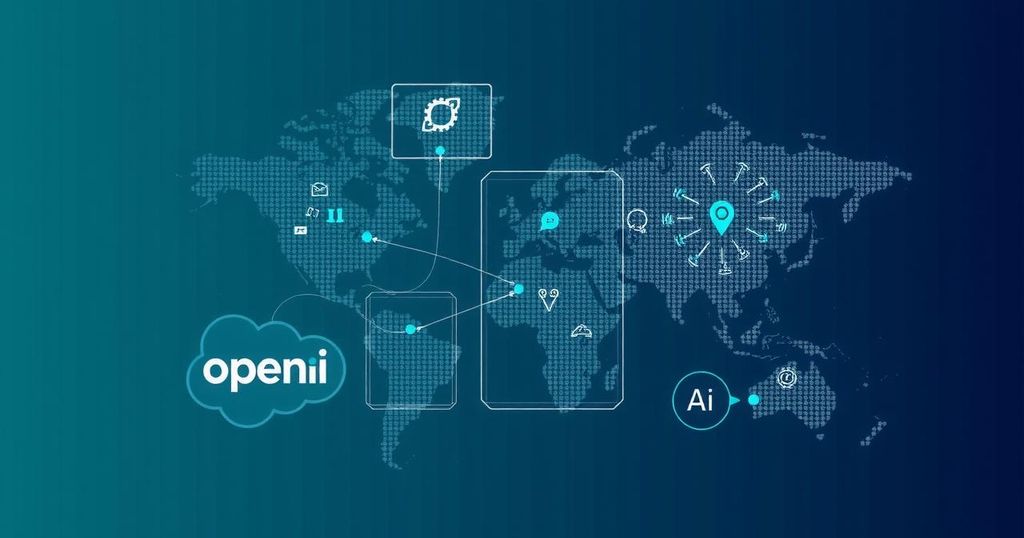Summary
Recent developments from OpenAI and Salesforce underscore a significant trend in the technology sector aimed at augmenting the decision-making capabilities of artificial intelligence systems. This evolution involves enhancing generative AI’s autonomy and reasoning abilities, presenting both opportunities for improved efficiency and inherent risks associated with expanded AI roles. OpenAI introduced its new model, designated o1 (formerly referred to by the codename Strawberry), which is designed to assess various responses before formulating an answer. This innovative approach promises enhanced performance in handling intricate inquiries, particularly in the domains of mathematics, science, and programming. Conversely, Salesforce launched Agentforce, marking a transition from utilizing generative AI merely as a supplementary tool for human productivity to empowering autonomous AI agents that can operate independently while adhering to predefined safety parameters. Early adopters of these advanced AI systems are reporting positive results. For instance, Thomson Reuters, which integrated the o1 model into its CoCounsel product, noted improved performance in tasks requiring meticulous analysis and compliance with stringent guidelines. Jake Heller, the product head at CoCounsel, remarked on the model’s exceptional attention to detail, asserting that professionals prefer thorough and accurate responses over speed when it comes to complex questions. Similarly, Wiley has experienced a more than 40% increase in case resolution efficiency after deploying an early version of Agentforce, as highlighted by Kevin Quigley, a senior manager at the company. However, experts emphasize the critical importance of establishing strict boundaries around AI agents’ decision-making capabilities to mitigate risks. Paula Goldman, Salesforce’s Chief Ethical and Humane Use Officer, emphasized the necessity of implementing robust guardrails and testing methodologies. Similarly, Miriam Vogel, CEO of EqualAI, cautioned against prematurely allowing AI agents to influence areas that could significantly impact individual rights and safety, advocating for prudent deployment in low-stakes environments. Dorit Zilbershot, Vice President of Platform and AI Innovation at ServiceNow, commented on the transformative potential of AI agents equipped with reasoning and planning capabilities, while also acknowledging the accompanying responsibilities. She noted that initial actions planned by AI agents should default to requiring human approval to ensure correct operation before allowing autonomous functioning. Nevertheless, there are concerns regarding the competitive dynamics that autonomous bots may create. Phil Libin, co-founder of Evernote, warned that deploying AI agents inappropriately could lead to escalating costs and chaotic competition, diminishing the overall value and utility. Furthermore, Clement Delangue, CEO of HuggingFace, criticized the language surrounding AI capabilities, cautioning that describing AI operations as “thinking” misrepresents the technology, which lacks genuine cognitive processes. In conclusion, as the industry progresses toward granting AI systems greater autonomy, it is imperative to address fundamental concerns regarding misinformation and bias within these technologies. Only by doing so can firms responsibly harness the potential of AI while safeguarding against the associated risks. ”
Original Source: www.axios.com

Leave a Reply